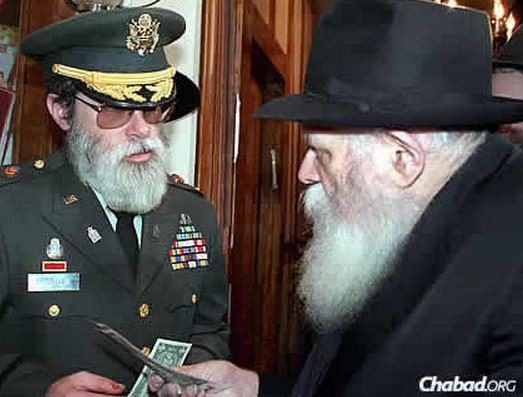
Eikev: Lessons in Faith, Gratitude, and the Promise of the Land
In the Parshah of Eikev, Moshe continues his closing address to Bnei Yisrael.
He recalls their sins, from the most major to the most minor, and reminds them that Hashem always forgives them. He explains how their forty years in the desert prove how man’s sustenance is not decided by his work or effort but by G-d alone.
Moshe describes Israel as the land of milk and honey and of the 7 species (wheat, barley, pomegranate, olives, dates, figs and grapes).
He then commands them to destroy all idols they find upon entering the land of Israel.

What Will The World Say?
In our parshah, Moses reminds his people never to forget that it was G-d who took them out of Egypt and who led them through the wilderness into the Promised Land. The wilderness before we reach the Promised Land represents the state of exile. And the problem with this wilderness is that we are impressed with it. And once we start attaching greatness to this wilderness, our sense of self-worth is eroded and we begin considering this wilderness not only "great" but also "awesome," even terrifying.
But why? What is so great and awesome about this outside world, about this wilderness? Why do we get so upset, so disturbed by what the world media says about us? The new Israel was supposed to be different. No more weakness, no more cowardice, gone with the old world syndromes. So why do we still care what they say? We will do what we need to do.
Why should I respect a world that has so lost its moral bearings that genocide in Darfur goes unnoticed and the most "immoral" country on the globe is an Israel that defends its civilian population from rocket attacks? Why should we be intimidated by a world that smiles upon state-sponsored terrorism while heaping abuse upon us?
The answer is because the big, wide world is the wilderness we live in. And as long as a corrupt, hypocritical, morally bankrupt world impresses us we will continue to be demoralized by its negative opinion of us. So know, Jew, that there is nothing whatsoever to be impressed with — that this world is nothing but a wilderness, and a moral wilderness at that. Remember that the first step in leaving the exile is to stop being impressed by it. In order to redeem our land and our people, we must first redeem our own souls and our own self-respect. When we remember who took us out of Egypt and led us through the wilderness, and who is truly the great and awesome Being of Beings, then we will be able to truly walk tall and stand proud forever.
From an article by Rabbi Yossy Goldman

Proud. Jewish. Unshakable.
Propaganda that as a Jew, I will not fall for :
“Being proudly Jewish is dangerous right now.”
I’m a Jew and I’m proud, and I’ll sing it out loud!
“Your job is your worth.”
Actually, your soul is.
“If I can’t do all the mitzvot perfectly, why even bother?”
Every mitzvah is profound and a unique chance to connect to Hashem.
“I’m a bad Jew”
While you may not be perfect, every person is holy and special.
“I can’t read Hebrew, so my prayers don’t matter.”
G d understands all languages.
“Only Jews with black hats and long beards are the real deal.”
While we’re big fans of black hats and beards:), every Jew is as Jewish as Moses himself.
.jpg)
The Perfect Time Is When It Feels Impossible
The Rabbis teach us that Moshiach will come when we’re not expecting it. This means that Moshiach will come at a time when it seems illogical, when it seems like we don’t deserve him. When the world seems “not ready”, that’s the perfect moment. With the power of our belief, Moshiach can come right away.

A Blessing, a Healing — and a Memory That Never Faded
An Israeli police officer taking a course in America decided to meet the Rebbe privately at yechidus. He handed the Rebbe a list of his family members, requesting a blessing for each of them.
After reading the note, the Rebbe asked: “How is your wife’s leg?”
When the police officer simply responded with a blank look, the Rebbe gently reminded him about a letter that his son had written ten years earlier while attending a Lubavitch school.
When the child had been in third grade, the officer’s wife had contracted a serious leg illness. The child’s teacher saw his concern, and suggested that he write a letter to the Rebbe. Soon he received a blessing for a speedy recovery. In due time, his mother’s leg healed.
In the interim, the officer and his family had moved to a different city, the children had grown up, and the officer had forgotten about the illness until now, when he was reminded by the Rebbe.
Later, the officer explained, “I do not know what is more moving to me: the fact that the Rebbe remembered after ten years and many thousands of other letters, or the genuine interest and care the Rebbe expressed for the well-being of another person.”